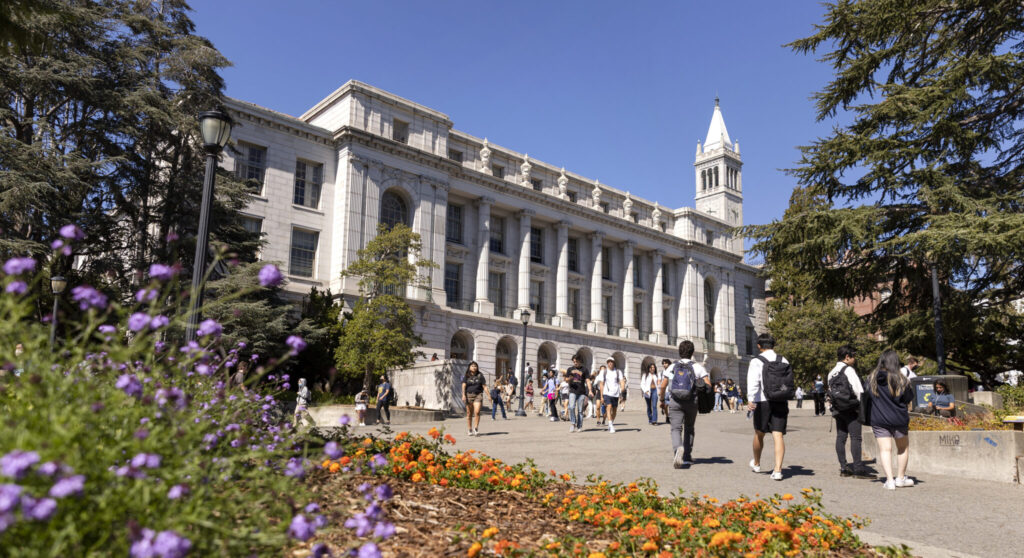Gabriel Trujillo Field Work Scholarship
Established in 2024, the Gabriel Trujillo Field Work Scholarship (opens in a new tab) at UC Berkeley was created by the Graduate Assembly. In June 2023, Gabriel Trujillo (Nahua and Opata), a doctoral student in Integrative Biology, was tragically murdered while conducting field research in Sonora, Mexico. Gabriel was a beloved member of the University of California, Berkeley graduate student community, and his loss will be deeply mourned by many for years to come.
Two recipients of the scholarship were selected for their continuation of Gabriel’s legacy, honoring Indigenous field work and stewardship:

Tvetene Carlson
Tvetene Carlson, Ahtna Athabaskan, from the Native Village of Cantwell, Alaska, earned his Civil Engineering degree from the University of Alaska Anchorage in 2018 and is now pursuing a PhD in environmental engineering, focusing on tidal renewable energy for a Just Transition. He collaborates with the Metlakatla Indian Community, learning from Indigenous Knowledge keepers about how subsistence will be integrated into the renewable energy shift. His work honors Alaska Native subsistence practices, which are deeply tied to the land. Support from the Gabriel Trujillo Memorial Scholarship will enable Tvetene to continue building relationships and accountability with Metlakatla community experts.

Nathan Anthony Tilton
Nathan Anthony Tilton, MA (he/him), identifies as a service dog handler, chair user, neurodivergent, and disabled veteran. He serves as the Associate Director at UC Berkeley’s Disability Lab and is a PhD student in Cultural Anthropology. His research interests include disability anthropology, veteran health, critical disability studies, postcolonial studies, crip time, and military ecologies. Nate’s work focuses on the ways in which institutions disable people, with a particular emphasis on the environmental and health impacts of former and current US military bases in the Philippines and Guam. His research highlights the experiences and counternarratives of Indigenous and local communities, aligning with Gabriel Trujillo’s legacy of honoring Indigenous stewardship and fieldwork. By documenting the lasting effects of militarization on these communities, Nate seeks to empower those often marginalized in academic discourse, continuing Gabriel’s commitment to uplifting Indigenous perspectives.
